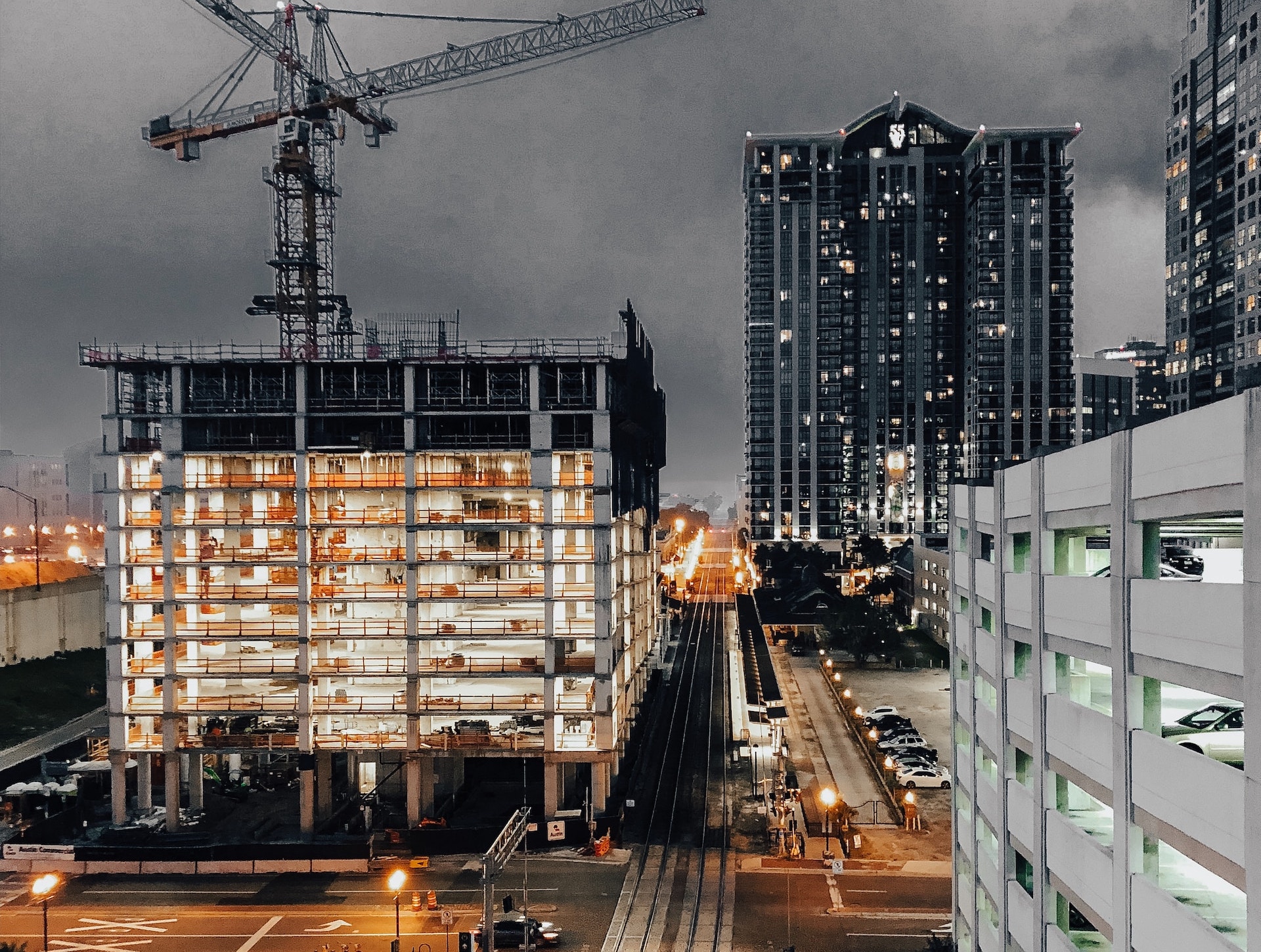The International Code Council (ICC) is revising its code development process to provide more in-depth scrutiny of code change proposals.
The changes will take effect in 2024-2026 for the development of the 2027 International Codes (I-Codes). They will move the development process to an integrated and continuous three-year cycle.
In the new timeline, the first year will include two Committee Action Hearings for Group A Codes; year two will include two Committee Action Hearings for Group B Codes; and year three will be the joint Public Comment Hearings and Online Governmental Consensus Vote for both Group A and B Codes.
“The addition of the second Committee Actions Hearings in year one and two will foster a more in-depth vetting of code change proposals, allowing an opportunity for the committee members to review and evaluate the original proposals and consider the submitted responses,” according to an ICC news release. “This also provides more opportunity for proponents to build consensus for their code change proposal and ensure the best version of their intended improvement to the existing codes.”
With combined Public Comment Hearings in the third year, voting members will be able to vote on all suggested changes to the next edition of the I-Codes at one time, the release says. The updated process also provides more opportunity for proposed new referenced standards to be developed and finalized on a consistent timeline regardless of the group (Group A or B) with which they are associated.
Related Stories
| Aug 29, 2022
Montana becomes first U.S. state to approve 3D printing in construction
Montana is the first U.S. state to give broad regulatory approval for 3D printing in building construction.
| Aug 25, 2022
New York City’s congestion pricing aims to reduce traffic, cut carbon
Officials recently released an environmental assessment that analyzes seven different possible pricing schemes for New York City’s congestion pricing program.
| Aug 23, 2022
New Mass. climate and energy law allows local bans on fossil fuel-powered appliances
A sweeping Massachusetts climate and energy bill recently signed into law by Republican governor Charlie Baker allows local bans on fossil fuel-powered appliances.
| Aug 22, 2022
Gainesville, Fla., lawmakers moved to end single-family zoning
The Gainesville City Commission recently voted to advance zoning changes that would allow duplexes, triplexes, and quadplexes to be built on land currently zoned for single-family homes.
| Aug 16, 2022
DOE funds 18 projects developing tech to enable buildings to store carbon
The Department of Energy announced $39 million in awards for 18 projects that are developing technologies to transform buildings into net carbon storage structures.
| Aug 11, 2022
Report examines supposed conflict between good design and effective cost management
A report by the American Institute of Architects and the Associated General Contractors of America takes a look at the supposed conflict between good design and effective cost management, and why it causes friction between architects and contractors.
| Aug 10, 2022
U.S. needs more than four million new apartments by 2035
Roughly 4.3 million new apartments will be necessary by 2035 to meet rising demand, according to research from the National Multifamily Housing Council (NMHC) and National Apartment Association.
| Aug 9, 2022
Work-from-home trend could result in $500 billion of lost value in office real estate
Researchers find major changes in lease revenues, office occupancy, lease renewal rates.
Legislation | Aug 8, 2022
Inflation Reduction Act includes over $5 billion for low carbon procurement
The Inflation Reduction Act of 2022, recently passed by the U.S. Senate, sets aside over $5 billion for low carbon procurement in the built environment.
Legislation | Aug 5, 2022
D.C. City Council moves to require net-zero construction by 2026
The Washington, D.C. City Council unanimously passed legislation that would require all new buildings and substantial renovations in D.C. to be net-zero construction by 2026.

















